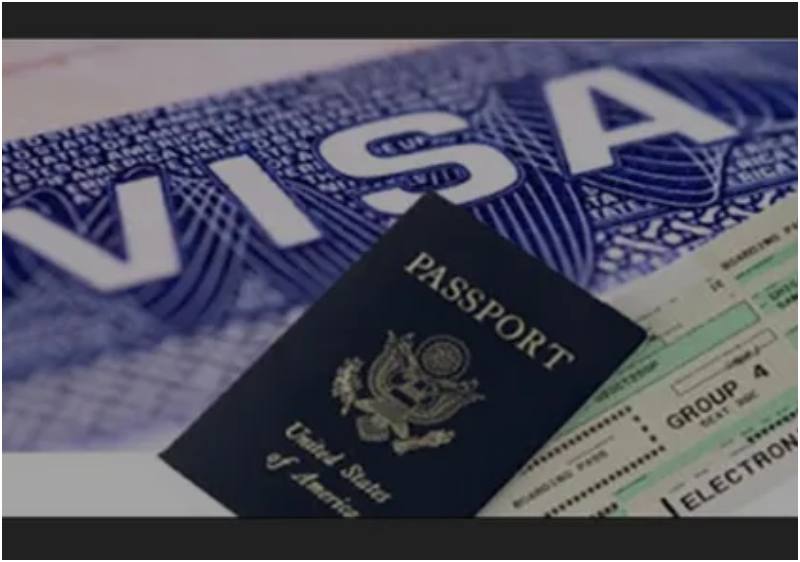U.S. immigration attorney Akua O. Aboagye is sounding the alarm and offering clarity on a new U.S. State Department policy restricting non-immigrant visa holders from several countries to single-entry, three-month validity visas.
The change, which affects non-diplomatic travelers, has sparked confusion online about what the visa limitations actually mean for students, tourists, and other visitors.
In an informative Instagram video post, Aboagye, who has built a strong reputation guiding international clients through the complexities of U.S. immigration law, explained that a three-month visa does not mean the individual can only stay in the United States for three months.
“Visa is just an entry ticket,” Aboagye clarified. “You come into the U.S. and say, ‘Can I get entry or be admitted into the country?’ Your I-94 determines [your stay].”
Key Clarification: Entry vs. Duration of Stay

Under the new rule of the Trump administration, many affected travelers will be issued visas valid for three months and only one entry into the United States. Once that traveler enters the U.S., the visa cannot be used again—even if they depart within a week of arrival. The sweeping changes to the U.S.’ non-immigrant visa policy affects some 54 countries in total. Ghana, Nigeria, Cameroon and Ethiopia were the latest to be included on the list.
Aboagye explained that the duration of the actual stay is determined by U.S. Customs and Border Protection (CBP) at the time of entry, not by the expiration date on the visa. For instance:
- B visa (tourist/business) holders are often admitted for up to six months, regardless of the visa’s validity period.
- F visa (student) holders are typically admitted under a designation called “DS” (Duration of Status), which allows them to stay as long as their academic program and SEVIS record remain active.
“If you’re a student, that visa which is valid for three months should not impact your studies,” she said.
Why This Matters: Reentry Denied Without New Visa
Aboagye, however, discussed a critical consequence of the single-entry restriction: international students and visitors who travel home during a break—such as winter holidays—must apply for a new visa before returning to the United States.
“Once you leave, a single-entry visa is no longer valid,” she said. “You will need a new visa to seek admission again.”
This is a key departure from previous multi-entry visa policies, where valid visa holders could exit and re-enter the U.S. multiple times during the visa’s validity period
Legal experts warn that these changes may disproportionately impact African, Asian, and Caribbean nations where visa issuance has historically been more restrictive.
What Applicants Should Do
Aboagye urged current and prospective travelers to:
- Consult with a qualified immigration attorney before traveling internationally.
- Check their visa stamp and I-94 form to confirm entry privileges and authorized duration of stay.
- Ensure they apply for a new visa well in advance of any planned reentry to the U.S.
“You need a visa to always come into the U.S.,” she clarified.
Aboagye’s breakdown is a timely guide through what many fear will be a more exclusionary and complicated U.S. immigration landscape.

